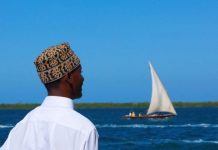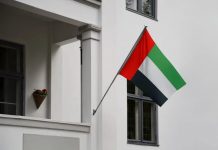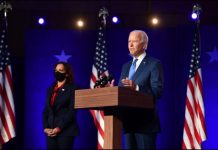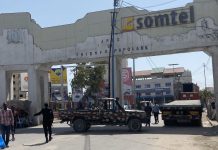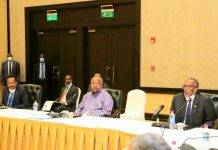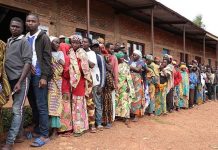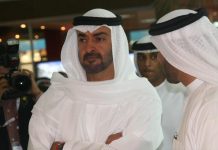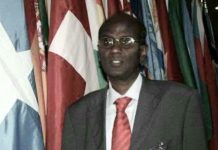Mogadishu (UM) – The 8th February 2017 is historic for President Mohamed Abdullahi Mohamed Farmaajo because it was the day he was elected. From this victorious day of celebration to the end of the year has been a long bumpy road with some successes and even more challenges. What started off as “Farmaajo igeeya” has now transformed into a game of watching and anticipating how the President and his Government respond to political and security crisis. In 2017, President Farmaajo and his Government, led by Prime Minister Hassan Ali Khaire, enjoyed an extended honeymoon but this is no longer the case in 2018. 2018 needs to be the year of delivery to sustain the goodwill of the Somali people which is already in short supply.
February will mark the first anniversary of President Farmaajo’s Government and no doubt there have been some achievements. However, these have been overshadowed by the most catastrophic terrorist attack in Somali history in zoobe which claimed nearly 500 lives, the issue of Qalbi Dhagax, the unlawful, amateurish and deadly arrest of Abdirahman Abdishakur and most recently, the rogue actions of the UAE trained Somali soldiers who attacked the home of an influential Senator. At times, the President and Prime Minister appear to be two ships passing in the night with the latter seeking constant popularity while the former disappears from the public sphere altogether. In 2018, the Government must be better coordinated and led visibly by the President with the Prime Minister as his chief implementing officer overseeing the Cabinet. There must only be one vision and one national leader to drive forward the promise of Nabad and Nolol.
2017 was the year of legislations. Both the President and Prime Minister have made clear that they have an ambitious legislative agenda but clogging up Parliamentary time and forcing through laws is not going to lead to the reforms they envisage. The “ambition” in the Principals legislative agenda should be its public education, communication and implementation. Too many unenforceable laws, no matter how well intentioned and drafted, are pointless. Effective policies are better than more policies and their implementation will restore confidence in the State and its role as an agent of change.
Following on from legislations, the government must articulate its vision less and act on its priorities more. The President and Prime Minister must remember that they have a legitimate mandate to act in the Somali people’s best interest. Of course, the leaders of the Federal Member States must be on-board for most big policy decisions but, if confidently communicated, policies in the national interest will overcome all resistance and opposition.
Where is the President? This is a very important question because President Farmaajo still commands respect, good will and enjoys greater popularity than his predecessors. President Farmaajo is not easily associated with any tribe, ideology or international grouping and he has strong public service ethics and values. Uniquely and most advantageously, the President is simply seen as a nationalist Somali. He needs to capitalise on this more to unite the Somali people in the pursuit of the national policy priorities. He, more than anyone, can achieve this with the support of a stronger management team and a media strategy which includes a monthly statement to the people regarding the administrations successes.
Security, the economy and Justice should take centre stage in 2018 as they combine to promote and instil good governance. All these need financial and human resource investments. Accordingly, greater emphasis must be put on domestic revenue generation to finance these priorities sustainably as well as recruiting the most qualified to oversee implementation. Political appointees and clan appeasing selections are costly, ineffective and erode trust in the Government.
2017 has been defining for Somali Foreign Policy, especially, as the country managed to stay out of the mess that is the Gulf crisis while maintaining relations with all the key players. Despite this, Somali Foreign Policy remains Western Centric and a Presidential visit to China, Pakistan, India and Japan could create more opportunities. As the Kingdom of Morocco has also re-joined the African Union and has expressed support for a Somali embassy in Rabat, the President ought to visit King Mohamed to discuss how to strengthen bilateral relations.
President Farmaajo, like most leaders, is likely to want a second term to complete his vision for Somalia. The most crucial time to build the track record to convince the Somali people and the international community is 2018. It must not be wasted.







